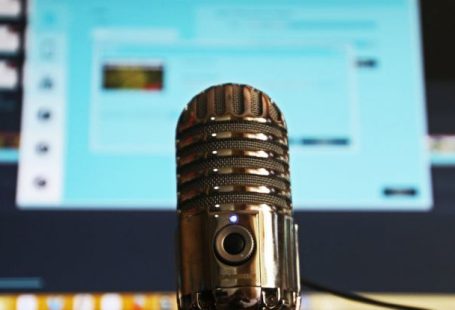For individuals looking to simultaneously build muscle and lose fat, finding the right diet can be a challenging task. With so many conflicting opinions and trends in the world of nutrition, it can be overwhelming to determine the best approach. However, understanding the fundamental principles of muscle gain and fat loss can help steer you in the right direction towards achieving your fitness goals.
**Caloric Surplus vs. Deficit**
When it comes to muscle gain, a caloric surplus is essential. This means consuming more calories than your body burns, providing the necessary energy for muscle growth. On the other hand, fat loss requires a caloric deficit, where you consume fewer calories than you burn, prompting your body to utilize stored fat for energy. To effectively achieve both goals simultaneously, many individuals opt for a strategy known as “recomp,” where you alternate between periods of a slight caloric surplus for muscle gain and a slight caloric deficit for fat loss.
**Macronutrient Distribution**
Protein is a crucial macronutrient for both muscle gain and fat loss. Consuming an adequate amount of protein is essential for muscle repair and growth, while also helping to preserve lean muscle mass during periods of caloric deficit. Aim to include high-quality sources of protein in each meal, such as lean meats, fish, eggs, dairy, and plant-based options like tofu and legumes.
Carbohydrates are another key component of a diet geared towards muscle gain and fat loss. While some individuals may opt for low-carb diets for fat loss, adequate carbohydrate intake is essential for fueling intense workouts and supporting muscle recovery. Opt for complex carbohydrates like whole grains, fruits, and vegetables, which provide sustained energy and essential nutrients.
Healthy fats are important for overall health and hormone production, which plays a significant role in muscle growth and fat loss. Include sources of healthy fats such as avocados, nuts, seeds, and olive oil in your diet to support these processes.
**Meal Timing and Frequency**
When aiming for muscle gain and fat loss, meal timing and frequency can play a crucial role in optimizing your results. Consuming a balanced meal containing protein, carbohydrates, and fats before and after your workouts can help fuel your training sessions and support muscle recovery. Additionally, spreading your protein intake evenly throughout the day can maximize muscle protein synthesis and aid in muscle growth.
While some individuals may benefit from a traditional three-meal-a-day approach, others may find success with smaller, more frequent meals or intermittent fasting. Experiment with different meal timing strategies to determine what works best for your body and supports your muscle gain and fat loss goals.
**Hydration and Supplements**
Staying hydrated is essential for overall health and optimal performance in the gym. Adequate hydration supports digestion, nutrient absorption, and muscle function, making it a crucial aspect of any diet aimed at muscle gain and fat loss. Aim to drink plenty of water throughout the day and consider incorporating electrolyte-rich beverages like coconut water or sports drinks during intense workouts.
Supplements can also play a role in supporting muscle gain and fat loss, although they should not replace a balanced diet. Protein powders, creatine, and branched-chain amino acids (BCAAs) are popular choices among individuals looking to enhance their muscle-building efforts. Consult with a healthcare professional or nutritionist before incorporating supplements into your routine to ensure they align with your goals and overall health.
**Incorporating Flexibility and Sustainability**
While adhering to a structured diet is important for achieving muscle gain and fat loss, it’s essential to incorporate flexibility and sustainability into your approach. Allow yourself to enjoy occasional treats or meals that may not align perfectly with your nutrition plan, as long as they don’t derail your overall progress. Finding a balance that allows you to enjoy your diet while still making progress towards your goals is key to long-term success.
**Final Thoughts**
Achieving muscle gain and fat loss simultaneously requires a strategic approach to nutrition that balances caloric intake, macronutrient distribution, meal timing, hydration, and supplementation. By focusing on these key principles and tailoring them to your individual needs and preferences, you can create a diet that supports your fitness goals and helps you reach your desired physique. Remember that consistency, patience, and a willingness to adapt are essential components of any successful muscle-building and fat loss journey.





